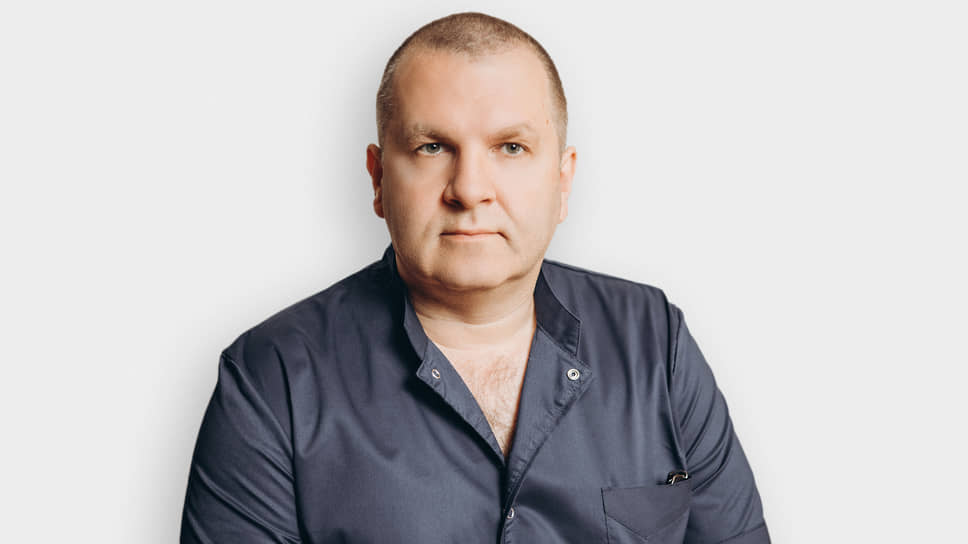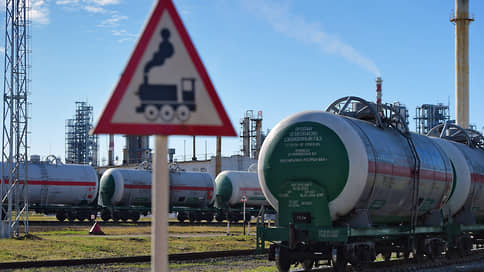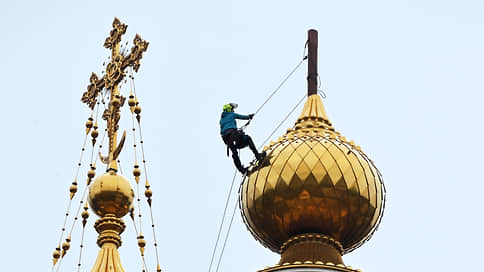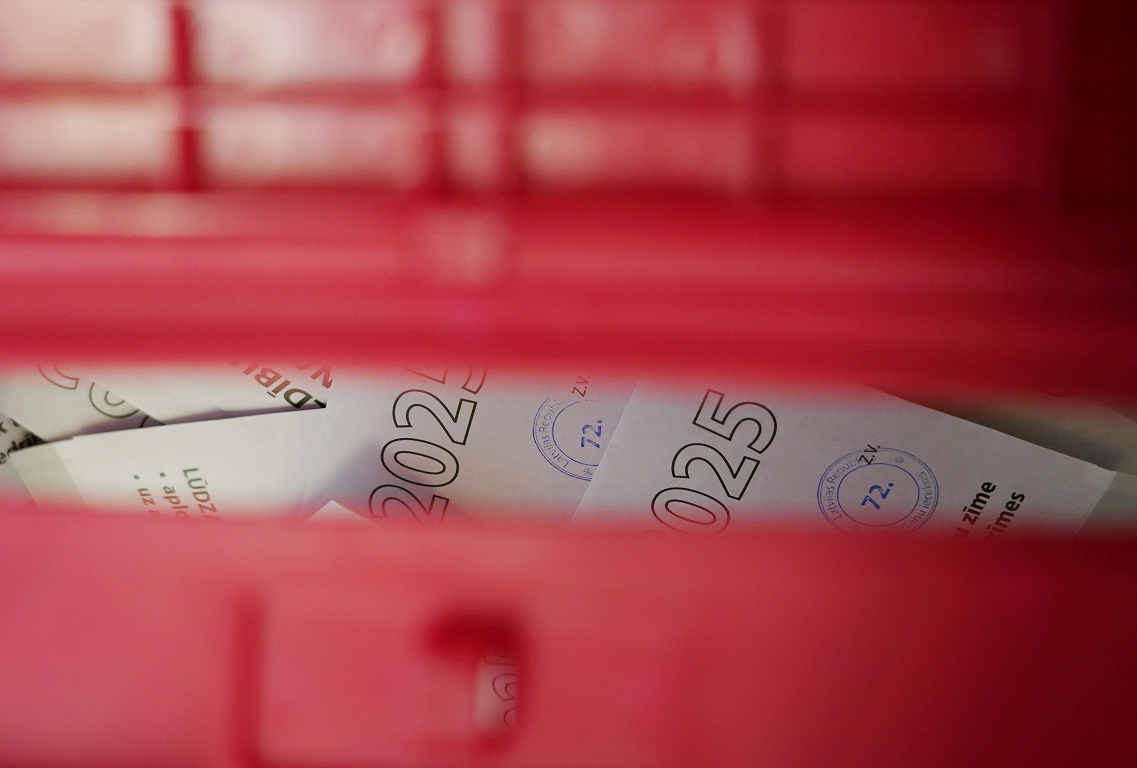How alcohol restrictions in the regions affect Russian retail

2025 began with anti -alcohol campaigns in a number of regions of Russia. The authorities, including the Vologda, Moscow, Kaluga, Buryatia, Yakutia, Transbaikalia and St. Petersburg, significantly narrow the time frame for the sale of alcohol or prohibit its implementation in catering establishments located in residential buildings. The declared goals – to reduce alcohol consumption and ensure the peace of residents of sleeping areas – will surely try to catch other regions. However, this can cause the opposite effect, namely: the growth of the illegal market and the development of « alcoholic tourism ».
Regional restrictions on the sale of alcohol since this year are closely associated with Vologda regionWhere its implementation from March 1 was limited by two hours a day: from noon to two in the afternoon. The measure has already begun to give fruit. Infoline calculated that from March 1 in the Vologda region the number of alcoholmarkets (in particular, the Krasnoye & Beloe, Bristol network) decreased by 87% year by the year, to 41 objects.
For a month of sale of alcohol throughout the region decreased By 19%, and specifically in alkomarkets – at 50%, the Governor of the Vologda Oblast Georgy Filimonov explained to Kommersant. He also gives his calculations on changes in the retail market: by early April 2025, out of 610 alcoholmarkets in the region, 203 were closed, including 144 federal stores. Among the catering establishments, 74 “NAMA” were identified, 25 of them stopped working.
Domino effect
From March 1, 2025, the alcohol sale regime was adjusted in Buryatia. If earlier it could be sold from nine in the morning to nine in the evening, now three hours less – from 11 to 20 hours. The region also banned the trade of alcohol in non -residential premises of apartment buildings and established additional requirements for the statutory capital of retailers: it grew from 60 thousand to 300 thousand rubles. In principle, it is impossible to sell alcohol in Buryatia 17 days a year: these are federal and regional holidays.
In the neighboring one Transbaikalia From March 1, 2025, a more complex system has been operating. From Monday to Thursday, you can trade in alcohol from noon to midnight, and on weekends and non -working days, the term lasts up to two in the morning.
Local authorities also expect that the State Duma will support their bill on the ban on the sale of alcohol in roadside cafes on federal and regional routes.
IN Yakutia Since March, the reduced working hours for bars in residential buildings have been operating: from 14 to 20 hours. Restaurants with alcohol license can sell it from 12 to 23 hours. IN Kaluga region Since the beginning of the spring of this year, a night ban on the sale of alcohol in cafes and bars in residential buildings has been operating. Additional restrictions for catering were also introduced into Kirov, Kostroma, Amur, Murmansk, Irkutsk regions, Kalmykia, Kamchatka Territory, Khanty-Mansiysk and Jewish Autonomous Districts.
Large regions of the country did not stand aside. Legislative assembly Petersburg prepared a ban on the night sale of alcohol in catering establishments in residential buildings for 18 districts of the city. He can enter into force on September 1 or December 1 of this year. The restrictions should affect such institutions as Rosal (supermarkets-bars of the “at home” format) and “Nalivaiki”, previously stated the deputy of the city of Denis Four Bureau. They often have no toilets, seats and kitchen.
Authorities Moscow Region They decided to ban from September 1, 2025 to place alcoholmarkets in the courtyards of residential buildings. Cafe and bars in them cannot be sold alcohol from 23 to 8 hours. On March 27, in the Moscow Region, they additionally decided to limit the sale of alcohol on the verandas. They established new requirements: adjoin the inpatient object of catering, not to be placed in the adjacent apartment buildings adjacent to the courtyards.
The motive of sobriety
Mass restrictions for catering in the regions are a consequence of the Law on Nastavias that entered into force on April 2024. It gives the regions the right to independently regulate the time of alcohol trade at catering points located in apartment buildings and in the surrounding territories, with the exclusion of restaurants.
Another motive, probably there was the desire to reduce the per capita consumption of alcoholWhich in many regions significantly exceeds the average values in the country (see infographics). “We are in the negative leaders of Russia,” the head of Buryatia Alexei Tsydenov previously explained his policy. Mortality from alcohol and caused by its use in the republic for 2024 increased by almost 20%. In Transbaikalia in 2022–2024, 40 thousand accidents with drunken drivers occurred.
Georgy Filimonov considers unacceptable a three -fold increase in the number of alcoholmarkets in the Vologda Oblast, which has occurred over the past four years. “The Russian North was faced with a serious demographic crisis, and our goal is to overcome it,” he explains. The governor believes that 71% of all deaths of men at working age is associated with alcohol. This is not only pancreatitis, cirrhosis of the liver, cardiomyopathy, but also drunken driving, deaths with death.
Another motive for introducing restrictions – Complaints of the inhabitants. “People have the right to silence and comfort in their homes, the law will help to create a safer and more pleasant atmosphere for all citizens,” says Vasily Gladkikh, a deputy from the LDPR of the Legislative Autonomous Region, where since March this year has also limited the night work of the “naughty”.
For a similar reason, the Ministry of Agriculture of the Moscow Region is indicated that since 2019 the number of stores with alcohol license in the region has grown by 30%. Now these are 13.1 thousand objects, which are often represented by alcoholmarkets or « naulowers » in residential areas. In the courtyards, they become a place of attraction of noisy companies, not allowing the silence and peace of citizens, they explain in the ministry.
Dvor without an alcohol
The Association of Retail Companies (acort; unites large retailers) believe that regional restrictions on the sale of alcohol can ultimately lead to the closure of 1 thousand stores, a reduction in 5 thousand jobs and reducing the budgets of regions by billions of rubles a year.
- In the suburbs, restrictions, according to the regional Ministry of Agriculture, are affected by 1.5 thousand objects with a license for alcohol sales. These are also 260 Krasnoye & White stores, 140 Bristole, 90 Vinlabes and 60 objects of the fragrant world network.
- Trading points will be able to work out before the expiration of the alcohol trading license, their closure will take place gradually, on average about two years, the ministry explains.
- Simultaneously on September 1, 2025, 1.4 thousand catering establishments selling weak alcohol in houses may stop working.
Alcohol manufacturers, however, are not yet inclined to overestimate the effect of regional initiatives. They do not have a significant impact on sales, says Anna Iskhakova, director of external communications of Tatspirtprom. It does not exclude that the vector of the policy of the authorities can soon change. In 2011, when a decision was made to refuse night sales of alcohol, additional restrictions were introduced by many regions. But subsequently they refused them in favor of, for example, to increase the availability of sports, the expert recalls. In the Baltic, they warn that damage can ultimately be caused not only to the alcohol market, but also to the budgets of the regions.
Although Mr. Filimonov notes that in 2025 a decrease in the year by the year of income from excise taxes on alcohol is not planned. As of March 28, 2025, the income from them amounted to 0.5 billion rubles, at the level of last year. In general, the influence of excise taxes on alcohol on the budget of the region is not significantly and is about 2%, the governor adds.
The problem for retail can be more serious. Alcohol forms an average of 15% to 40% of the store’s turnover, depending on its type, explains the chairman of the Presidium Acort Stanislav Bogdanov. Positions are considered highly margin for retailers and in fact there is nothing to replace them. In X5 Group (Pyaterochka, Crossroads, Chizhik), it is noted that the restriction of sales time usually has only a short -term effect on the market. Demand is first reduced, and with the adaptation of consumers is returned to the original indicators.
Alcohol tour
Russian consumers as a whole easily adapt to any changes and, having lost the opportunity to buy alcohol in one place, most likely will do this in another, says Kommersant’s interlocutor among federal retailers. One option is short -term trips to neighboring regions. Consumers living on the border of the Vologda Oblast will be purchased in neighboring regions, because there are no checkpoints between them where alcohol would be selected, the head of the analytical agency of the number of digits Vadim Drobiz admits. But to draw conclusions about the rewind of demand, according to Rosalcoltabakcontrol, it will be possible only according to the results of monitoring sales for several quarters or all year.
Additional traffic can also receive a catering. The representative of Tanukifamily does not exclude that visitors to restaurants with the introduction of regional restrictions for bars will order more alcohol positions. Part of the retail buyers can also contact them, says Alexander Muratov, Director for the development of the franchise network of restaurants of Yakitoria.
A more severe consequence for the market may be an increase in the share of counterfeit.
It is precisely for the outcome of demand to the illegal segment, according to Mr. Bogdanov, that a long drop in alcohol consumption in the Vologda region will indicate. “If it is not possible to buy alcohol at the permitted time, the consumer can always fulfill this mission by purchasing at dubious retail outlets,” agrees Kommersant’s interlocutor in one of the retail chains.
In Rosalcoletabakcontrol, it is also not excluded that the closure of licensed retail will become a catalyst for the appearance of illegal sales objects. In the Baltic already fixes the growth of the number of proposals for the acquisition of alcohol in the Vologda region through chatbots and Internet sites. Restrictive initiatives reduce efforts to circumvent the market to zero, according to the company.
The hangover syndrome
In the future, the regulation of the alcoholic market can largely be determined by today’s efforts of individual constituent entities of the Russian Federation. Many regions hold their hand on the pulse, waiting for the reaction of the federal authorities to the Vologda Experiment, regardless of its successes, Vadim Drobiz states. His approval, according to the expert, will become a « prologue to further tightening the regulation of alcohol trade in the field. » Although the expert doubts the expediency of this approach. Measures should be taken at the federal level, while the task of the regions – the issuance of licenses, control of trade and the fight against illegal products, is convinced by Mr. Drobiz.
Anna Iskhakova proposes to diversely approach the assessment of the effect of restrictions introduced by the regions, evaluating, in particular, changes in sales of moonshine apparatus, the number of surrogate poisoning, illegal alcohol sale sites. Restrictive measures really often give an ambiguous effect. Vadim Drobiz recalls how in 2015 the authorities of Yakutia allowed the sale of alcohol only in specialized retail. This led to an eight -fold increase in the region of the number of alcoholmarkets that tanged buyers from supermarkets. In the Ulyanovsk region, in 2012-2018, another ambiguous restriction acted: on weekends, it was possible to buy alcohol only for a commemoration for the deceased when presenting a death certificate.
Mr. Drobiz notes that, after any serious military conflicts, there is an increase in alcohol consumption, including due to psychological problems. Alcohol now simply does not have a substitute for which a person could be transplanted, he says. An expert connects a new wave of restrictions with a misunderstanding of the essence of the problem why a person drinks.







:format(jpeg):fill(f8f8f8,true)/s3/static.nrc.nl/wp-content/uploads/2019/10/youp5bij3.png)
